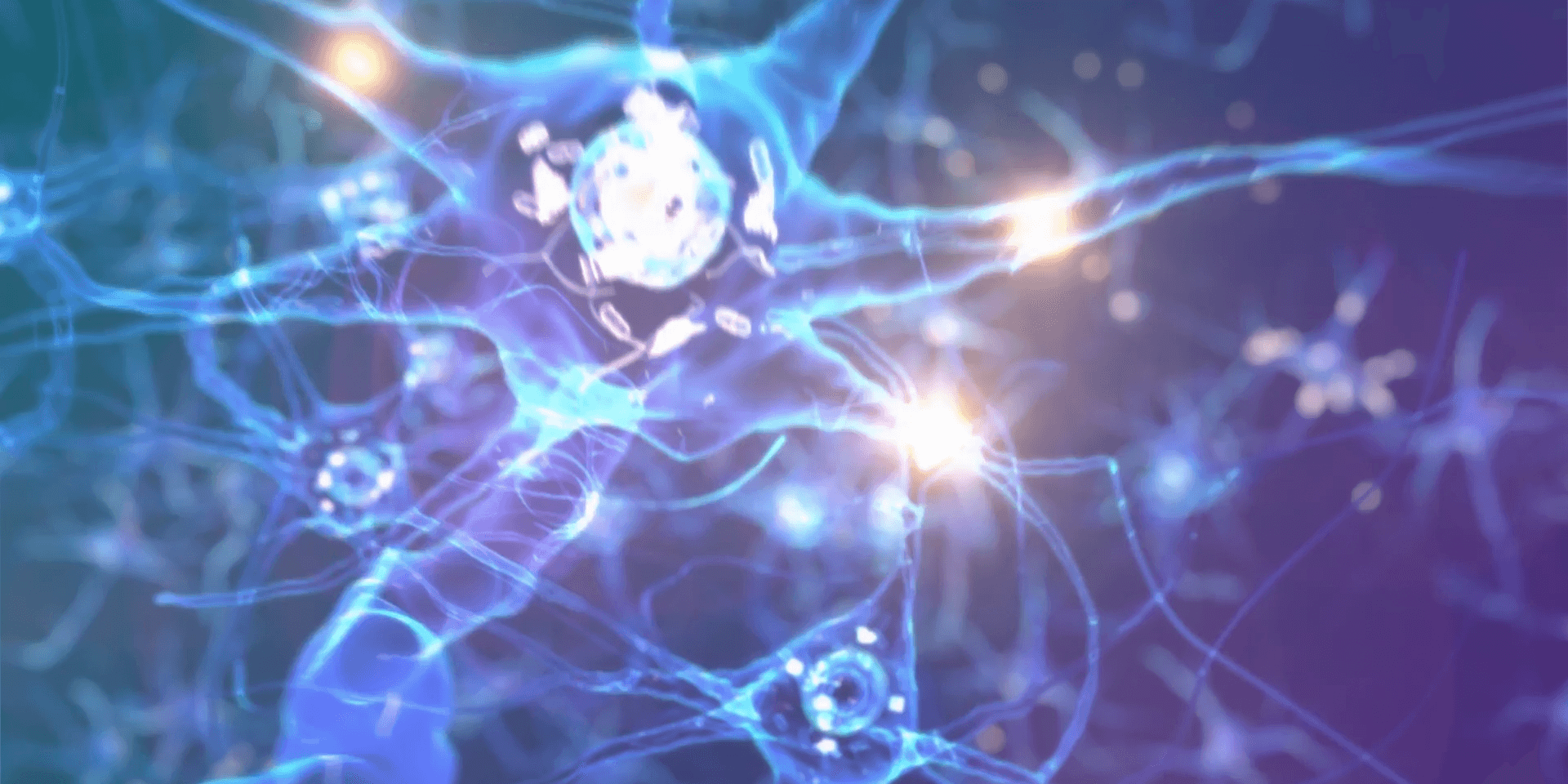NEUROSCIENCE
Neuroplasticity is Your Superpower
Paola Telfer

Neuroplasticity: Your Secret Superpower for Mental Resilience
Thanks to the physiological phenomenon of neuroplasticity, our brains and nervous systems continue to learn and adapt throughout our lifetimes.
Neuroplasticity is the creation or adaptation of neural pathways amongst brain cells. It’s why we can learn new sports, instruments and other skills with repeated practice. This applies to our habits as well: practice makes perfect. Or, not so perfect - depending on the habit.
We used to think that the brain we were born with was unchangeable. In recent years, studies have shown that our brains are adaptive throughout our lives.
New neural pathways are not just built when we decide to learn a new skill or break a bad habit. Our brain development is influenced by our environment, the company we keep, and what we focus on. These subtle choices drive which neural pathways are used and strengthened as well as which are ignored and weakened. We are constantly programming our brain.
The impact of this, often unintentional, programming is magnified by the fact that the vast majority of our brain processing is done automatically. We are conscious of only a small fraction of the split-second judgments our brains use to process the massive number of sensory inputs we are exposed to all day long. These judgments are reflexes that represent the subconscious perspective that dominates our life experience. This reflexive thinking is needed to optimize the speed and energy consumption of your brain. If we have to consciously deliberate how to operate a car after years of driving, we would be very late and quite exhausted when we arrived at work.
Consider the example of multiplication tables - a staple of elementary school education. Students are introduced to the concept slowly with a few examples and use their conscious, critical-thinking brains to digest this new information. Over time, teachers add more detail, some games to maintain attention, and plenty of repetition. The result is efficient and quick, automated calculations. This is an example of establishing new neural pathways using our neuroplasticity.
Without Conscious Training Our Brains’ Neuroplasticity Is On Auto-Pilot
What we expose our brain to has a big impact on our lives and like our bodies, our brains need exercise for optimal health. If you take on a range of cognitive activities you get a flexible brain that adapts and learns. If you leave your brain unchallenged, your ability to learn slows down and undesirable programming will stay on perpetual repeat.
Just as we can choose between physically active and sedentary lifestyles, we can choose how to direct our neuroplasticity and brain development. Brain fog and memory loss are avoidable as we get older - we do not have to accept this cognitive decline with age. It is possible to slow or reverse these trends with brain training using neurofeedback.
Our Neuroplasticity Can Be Directed With Neurofeedback, to Make Us Happier
So what is the most effective way of directing neuroplasticity for the ultimate goal of happiness? One could argue that happiness comes from developing mental resilience - taking control over how we perceive the world around us and how we make decisions. We can use our neuroplasticity to increase our mental resilience. We know that life is full of ups and downs. Each person is bound to experience undesirable circumstances and people in their lives. We cannot protect ourselves or our loved ones from every challenging situation. However, we can all develop skills that allow us to move through and learn from challenging situations without losing our mental clarity or being run by unconscious programming.

This does not mean we go numb and cease to feel our experiences but rather that we do not have an automated trigger response of anger, depression, anxiety or stress.
When we train in resilience, using meditation and/or neurofeedback, we train to approach things as our best selves. It means that we can train such that, in our moment to moment life, we can act with the empowered knowledge that we do not need to be the victim of our circumstances.
Why is it that two people, facing the exact same circumstances, can respond in radically different ways? Let’s take, for example, a disabling accident. Over time, one person might be so overwhelmed with the pain, loss of freedom, etc. that they become depressed, disconnect from loved ones and even lose the will to live. Another person can experience a re-catalyzed compassion for others and turn the experience into an opportunity to inspire others, become a speaker and write a book!
The difference is one’s habits of mind - this is something we can have authority over. We can make focus, insight, and stress management habits of mind by training in mental resilience with neurofeedback.
Without Intervention, Your Neuroplasticity is Being Hijacked By the Media You Consume
The endless stream of distractions that dominate our modern world are disrupting our brains' processes and our neural pathway programming. As our world gets more complex and the amount of information we absorb increases, so does our need for enhanced brain processing. We are more likely to lose control of our neuroplasticity in this environment because our brain becomes programmed by a higher volume of unconscious inputs. Our neuroplasticity and brain health is at risk of being hijacked. It is now more important than ever to strengthen neural pathways for mental resilience using neurofeedback so that we can consciously adapt with our rapidly changing world.
If we reflect deeply on how we conduct ourselves each day, we may come to observe that we are often on auto-pilot. That is, that we are mostly experiencing the same thoughts, behaviours and emotions as a subconscious reflex. Even if we disrupt our routines to have new experiences, a given individual will tend to, over time, go back to the same patterns of mind. That is, of course, unless we deliberately and proactively train new mental patterns using meditation and/or neurofeedback.
We Created a Tool for You
The Sens.ai Headset provides personalized and affordable clinically-developed brain training techniques. It is a tool to consciously direct the neuroplasticity of your brain to evolve how you want it to. We have integrated world-class protocols into smart headphones managed by an intuitive app. These embedded, adaptive protocols guide you through trait-changing brain training over time as well as provide immediate state changing experiences to boost your day. By training with Sens.ai for 20 minutes a day, a few times a week, we hope individuals can increase their mental resilience and happiness.
DISCLAIMER
This content is for informational and educational purposes only. It is not intended to provide medical advice or to take the place of such advice or treatment from a personal physician. All readers/viewers of this content are advised to consult their doctors or qualified health professionals regarding specific health questions. Neither the author or Sens.ai, the publisher of this content takes responsibility for possible health consequences of any person or persons reading or following the information in this educational content. All viewers of this content, especially those taking prescription or over-the-counter medications, should consult their physicians before beginning any nutrition, supplement or lifestyle program.